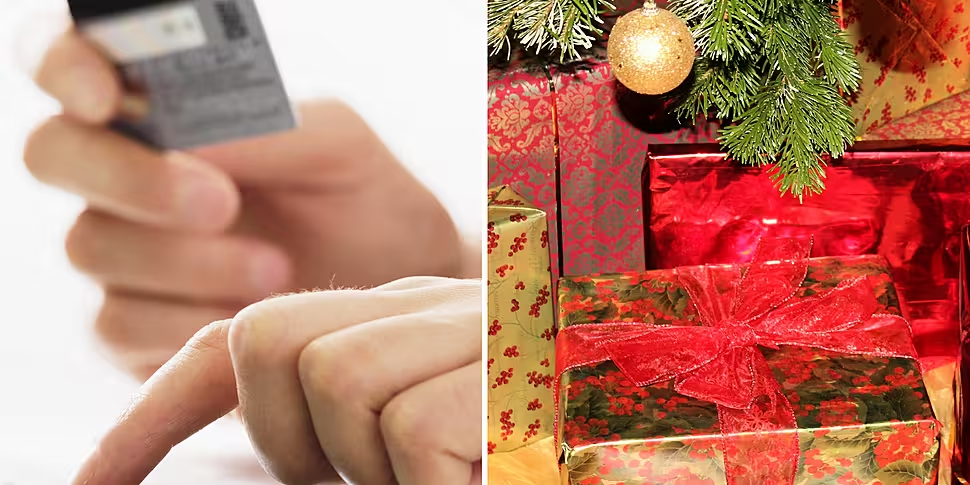Consumers are being warned about fake online sellers, amid “very real fears” of supply shortages this Christmas.
Global supply chain problems have led to concerns some high-demand items will be in particularly short supply this Christmas.
The pandemic has led to significant disruptions to the supply chain, while Ireland is also seeing some of the side effects from Brexit.
With Christmas shopping expected to start particularly early this year as a result of these issues, the Competition and Consumer Protection Commission is advising shoppers “not to take chances” when shopping online.
Consumer journalist Siobhan Maguire told Newstalk Breakfast scammers and fraudsters are a concern all year round - but there are particular concerns around this time of year.
She said: “At the moment, there’s a very real fear of a shortage of items in the run-up to Christmas - the likes of toys and electronic products.
“The thing is to do your due diligence: figure out if the product being sold to you is the genuine article, or if this is a scammer or fraudster hoping you’ll be panicked into making a very quick purchase.”
She said shoppers should be aware of the fact they may not be able to get an item from a credible retailer but may spot the same item on less reputable sites or social media ads.
As a result, they need to be aware of the warning signs of a possible scam.
Warning signs
A price that’s "too low" for the product in question is one of the most obvious red flags people should look out for.
Shoppers can also do some simple checks to see if a website is secure.
Siobhan said: “Look for a padlock on the website’s URL, and make sure there’s an ‘s’ after the HTTP.
“Go into the terms and conditions and see where the business is located - if you’re buying in from a third-country like America, the UK or China, you’re going to be paying extra customs fees as well.”
She also said buying through PayPal or pre-paid debit or credit cards can also add an extra layer of security to your purchases.
She noted: “If you do end up buying from an absolute scammer, it makes it more difficult for them to get your hands on your bank account details.
“It’s very easy to set up a PayPal or even Revolut account when you’re making a purchase online.”
It’s also vital for people to check items as soon as they arrive, to make sure the items are what they’re meant to be.
The ‘CE’ mark on a toy, for example, can be a good indicator that the item is genuine and meets the required EU safety rules.
Checking in advance means you can avoid disappointment if a fake is only discovered after the gift has been given.
The CCPC also says to watch out for sites where all consumer reviews are ‘five-star’ or positive reviews, as most legitimate websites “are more likely to have a mix of consumer feedback across the rating scale”.









